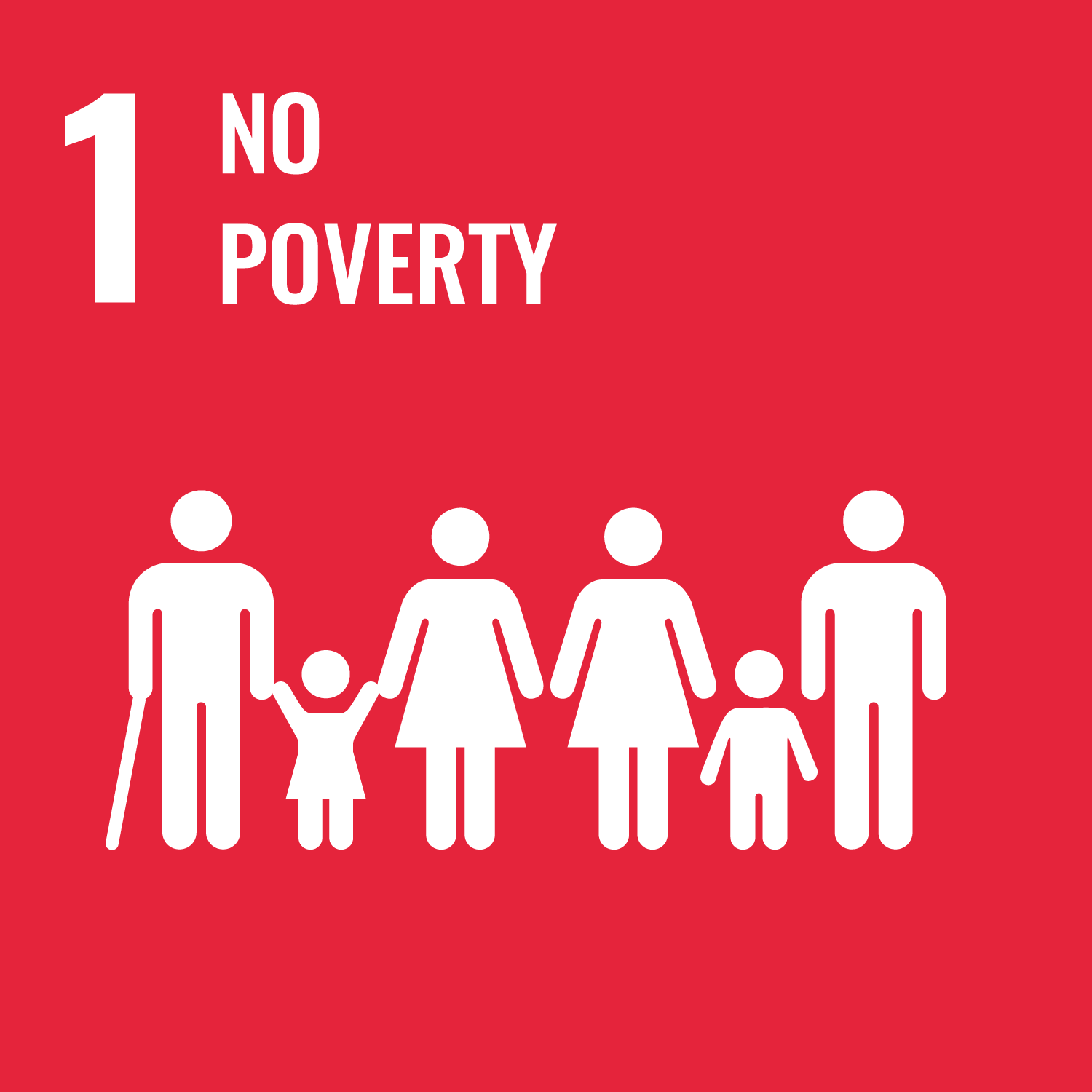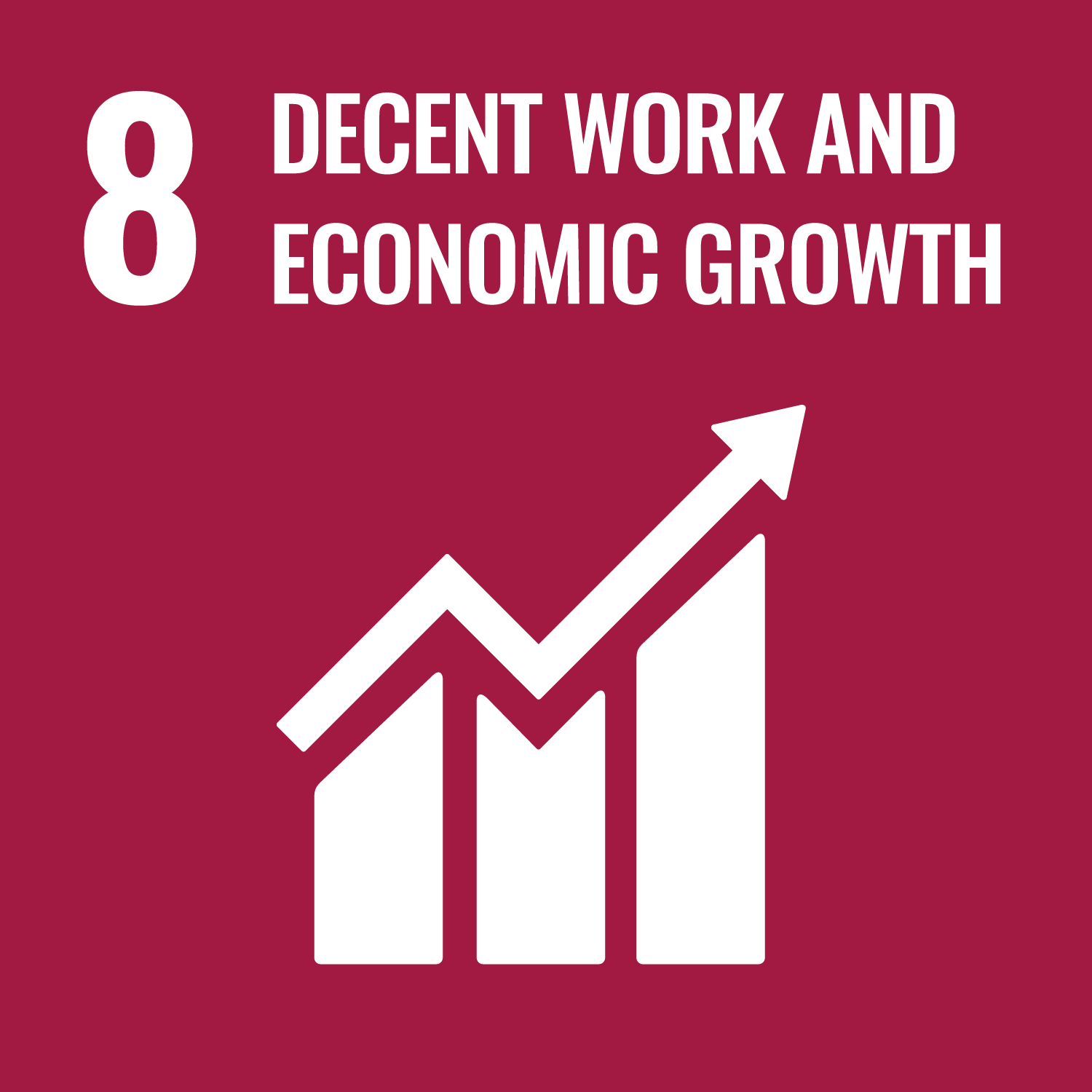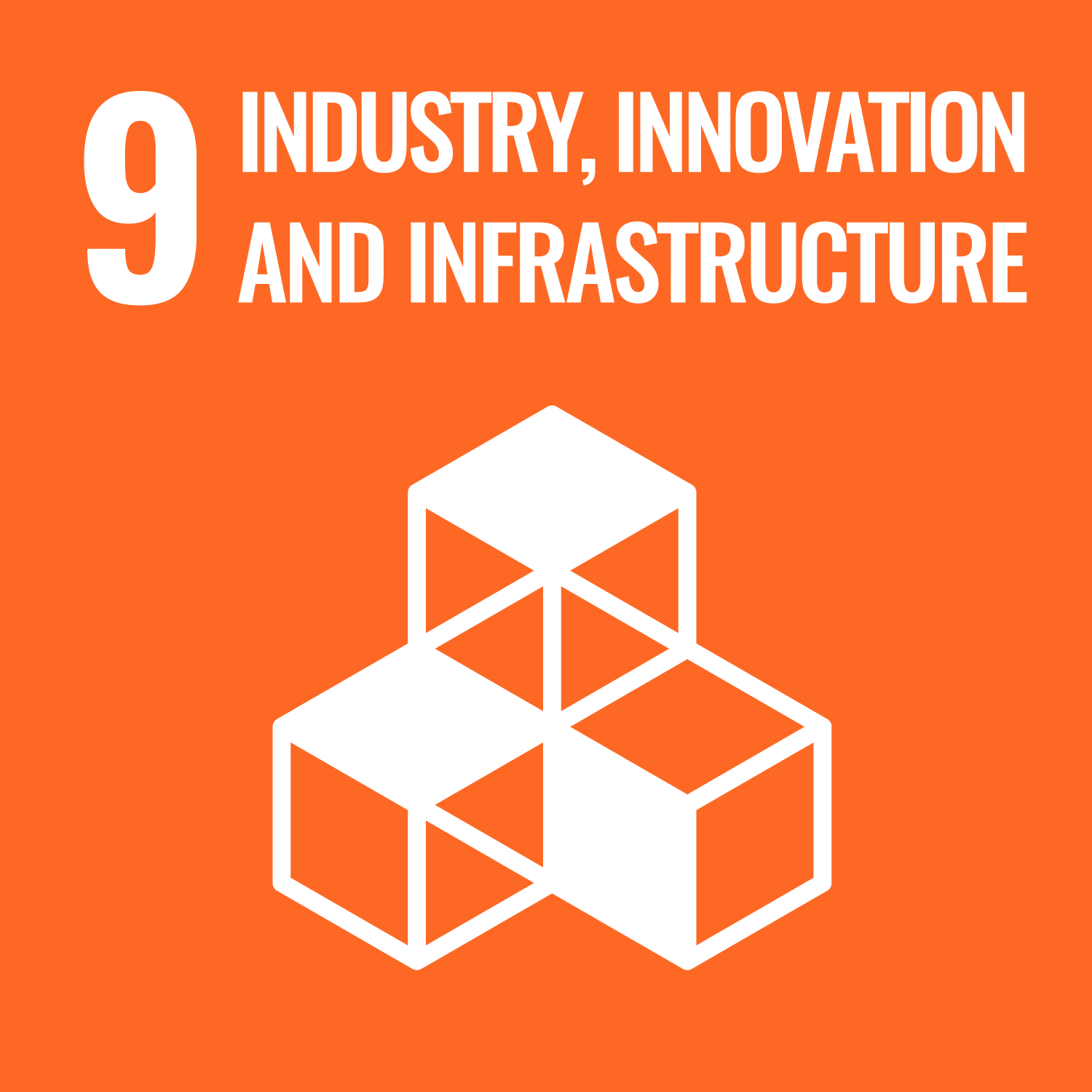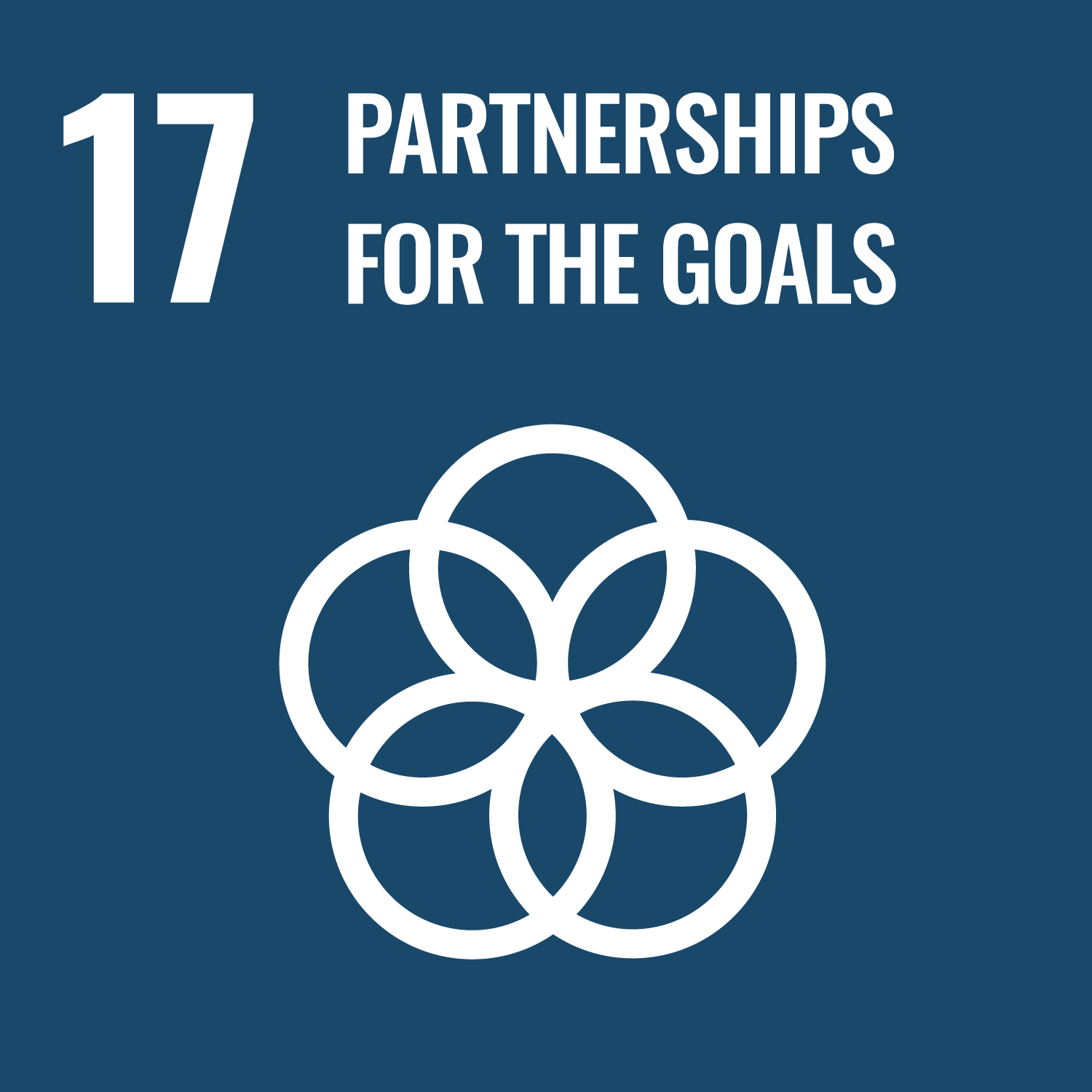Publication:
The role of Islamic finance in achieving Sustainable Development Goals (SDGs)
Loading...
Abstracts views
237
Views & Download
60
Date
2021
SDG:
../../../../assets/images/goals/E_WEB_01.png

../../../../assets/images/goals/E_WEB_08.png

../../../../assets/images/goals/E_WEB_09.png

../../../../assets/images/goals/E_WEB_17.png

Abstract
The concept of sustainable development has been articulated for the first time in the Brundtland Report, also called "Our Common Future" published in 1987 by the World Commission on Environment and Development (WCED) and supported by the United Nations (UN). According to Brundtland Report, Sustainable Development is defined as "development that meets the needs of the present without compromising the ability of future generations to meet their own needs." In 2015 the United Nations has introduced the new global development agenda for 2015 through 2030 and adopted a set of seventeen Sustainable Development Goals (SDGs) for the action of the member states. According to UNDP, the SDGs as global agenda represents a universal framework for comprehensive development. It aims to plan for a better and sustainable future and address the global challenges faced by people and the planet.
Keywords
Islamic finance , SDGs , Maqasid al-Shariah , Sustainability , Islamic social finance
Citation
Laldin, M. A. & Djafri, F. (2021). The role of Islamic finance in achieving Sustainable Development Goals (SDGs). In M. K. Hassan, M. Sarac, & A. Khan (Eds.), Islamic finance and sustainable development: A sustainable economic framework for Muslim and non-Muslim countries (pp. 107-126). Palgrave Macmillan.
Publisher
Palgrave Macmillan
Available on the EBSCOHost eBooks platform.
